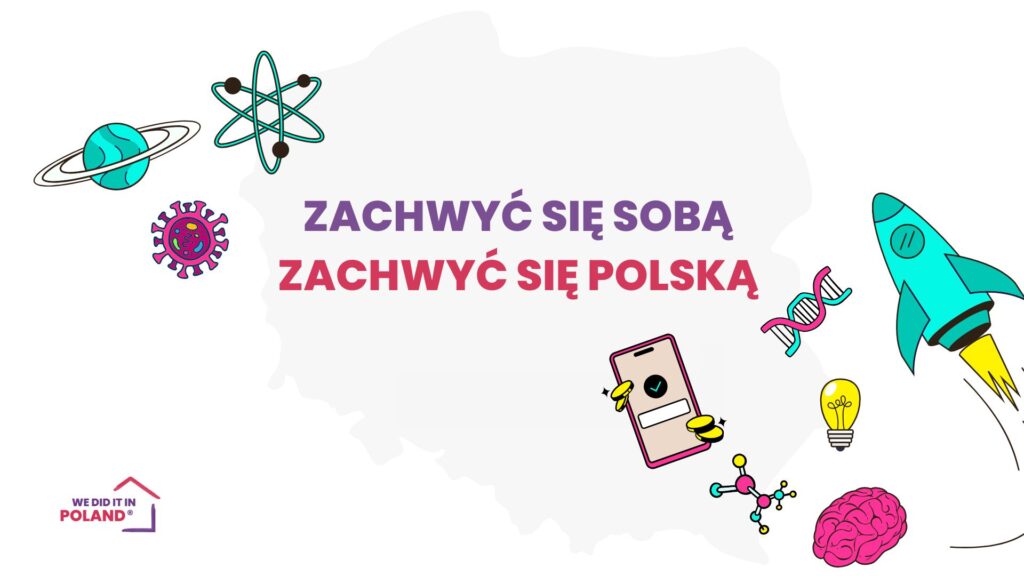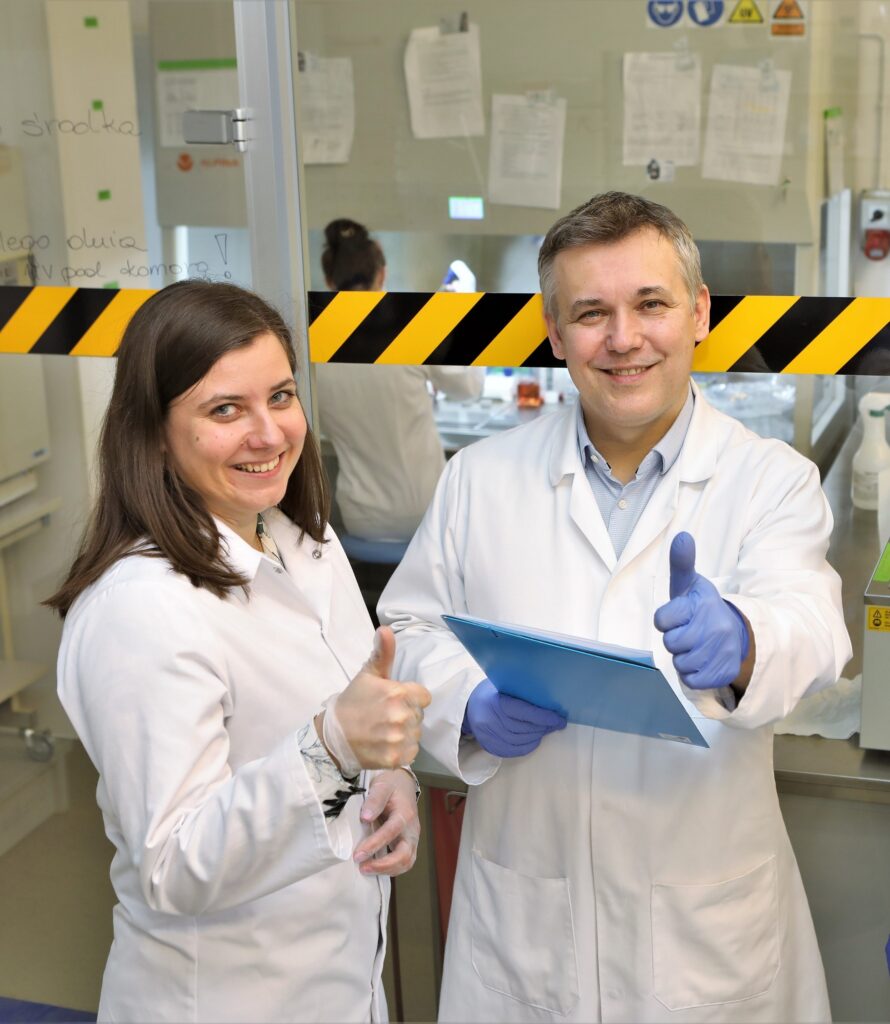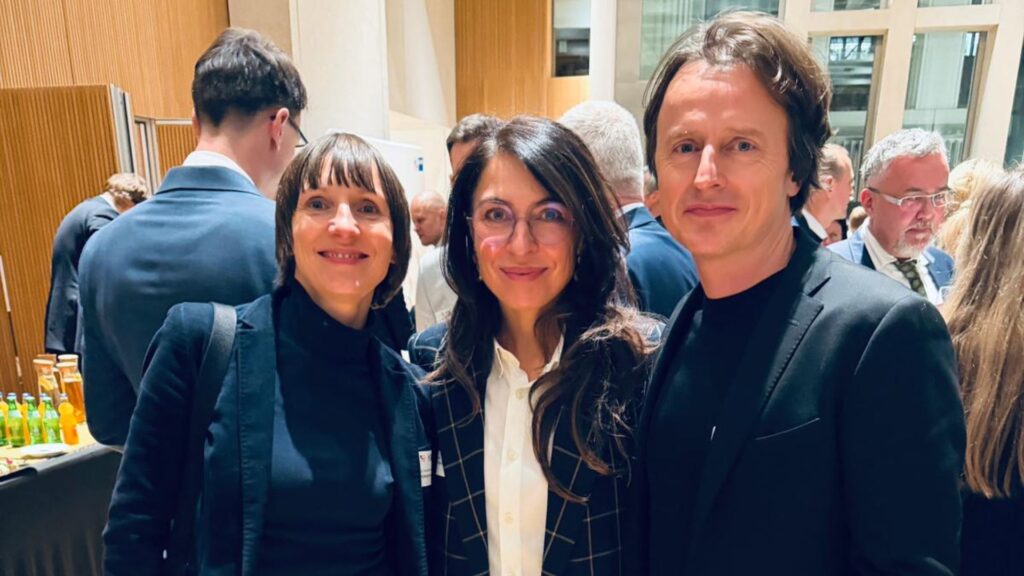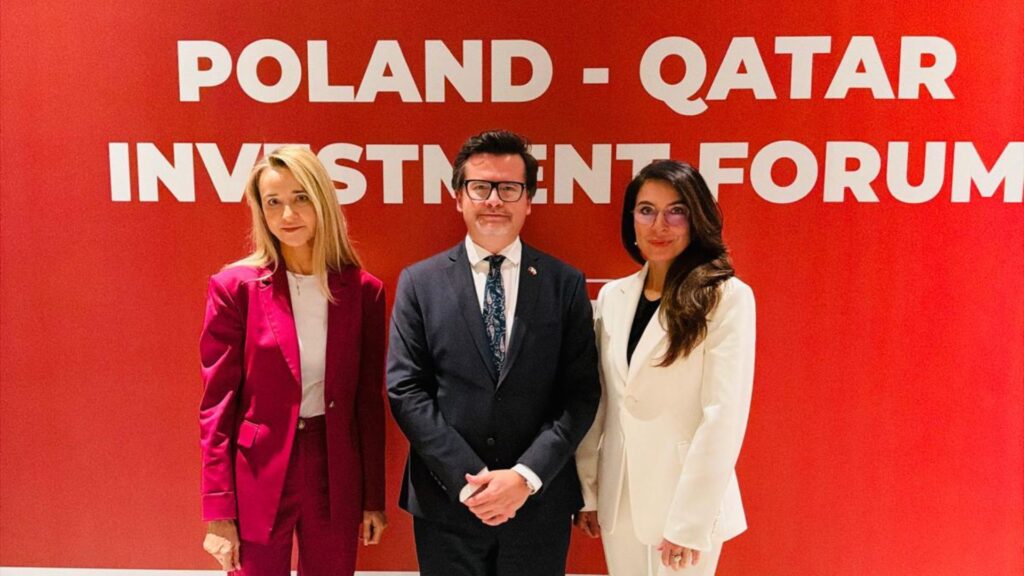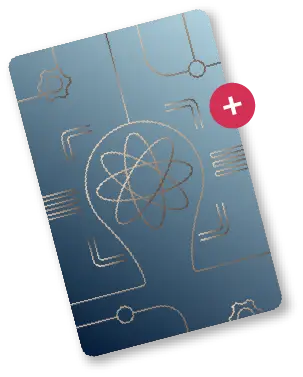On June 25, 2025, the second-ever Pole – Slawosz Uznański-Wiśniewski, PhD, flew to the International Space Station. But this is not just a symbolic presence in space. For the first time, Poland is carrying out its own scientific research mission, called IGNIS, with the participation of domestic scientists, technologies and experiments. This project could change the way Poles see their potential – not only in science, but also in innovation. The We Did It In Poland campaign is a reminder: we are not in orbit as guests. We are hosts.
Second Pole in space – and first with his own mission
After 40 years since Miroslaw Hermaszewski’s flight, a red-and-white flag will again fly in space. This time on the spacesuit of Slawosz Uznański-Wiśniewski, a Polish astronaut of the European Space Agency (ESA), who will fly to the ISS as part of the Axiom-4 (Ax-4) mission. Importantly, his participation is part of the first Polish research mission called IGNIS (Latin for “fire”).
IGNIS is not only a journey into space, but also a huge scientific and technological operation. Pole will carry out as many as 13 advanced experiments, prepared by national scientists and institutions. Their results could have implications for regenerative medicine, materials engineering, microbiome research and artificial intelligence, among others.
Space opportunity for Polish science and technology
The goal of the IGNIS mission is to “ignite” the Polish space sector. The project involves leading scientific centers, engineers, private companies and state institutions. Poland is not only sending an astronaut, but also providing hardware, software and concepts for experiments to be carried out aboard the ISS.
As Minister of Development and Technology Krzysztof Paszyk emphasizes, “The Polish mission is a symbol of energy, creativity and passion, which are the foundation of our position in space.” At the same time, preparations are underway for the ground facilities – including broadcasting, educational materials and public engagement. For many young Poles, this will be the first space mission they will experience as something “ours.”
READ ALSO: 5 space innovations from the Vistula that are changing the rules of the game
Experiments that could change our lives on Earth
The IGNIS mission is not just prestige. Its scientific value is very concrete. Examples of the research that will be carried out:
- testing the effects of microgravity on tissue regeneration and cellular processes,
- Analysis of changes in the human microbiome under space conditions,
- Research on next-generation materials for use in extreme conditions,
- Testing artificial intelligence systems in experiment management and data analysis.
These experiments will not only advance knowledge of how the body functions in space, but could also contribute to new medical therapies, more resistant materials and innovations in engineering.
We Did It In Poland – because we have something to brag about
IGNIS’ mission is part of the national campaign We Did It In Poland, led by the EnabledPlus Foundation. The campaign aims to build national pride based not on history, but on contemporary achievements. The mission featuring Uzenski is one of its pillars – the concrete that shows: Poles not only participate in great projects, but also create and lead them.
Importantly, the IGNIS mission also has an educational and inspirational dimension. It will be widely reported in the media, schools, scientific institutions. This is a unique opportunity to infect the younger generation with a passion for science, space and innovation.
Poland inspires – not from the past, but from the future
Slawosz Uznański-Wiśniewski not only flies into space – he becomes an ambassador of Polish innovation. His mission shows that Poland no longer needs to dream about space exploration. Poland is co-creating it.
IGNIS is a flame that has been lit thanks to years of work by Polish engineers, researchers, companies and institutions. Thanks to such projects, we are no longer mere spectators of history. We are its authors.



